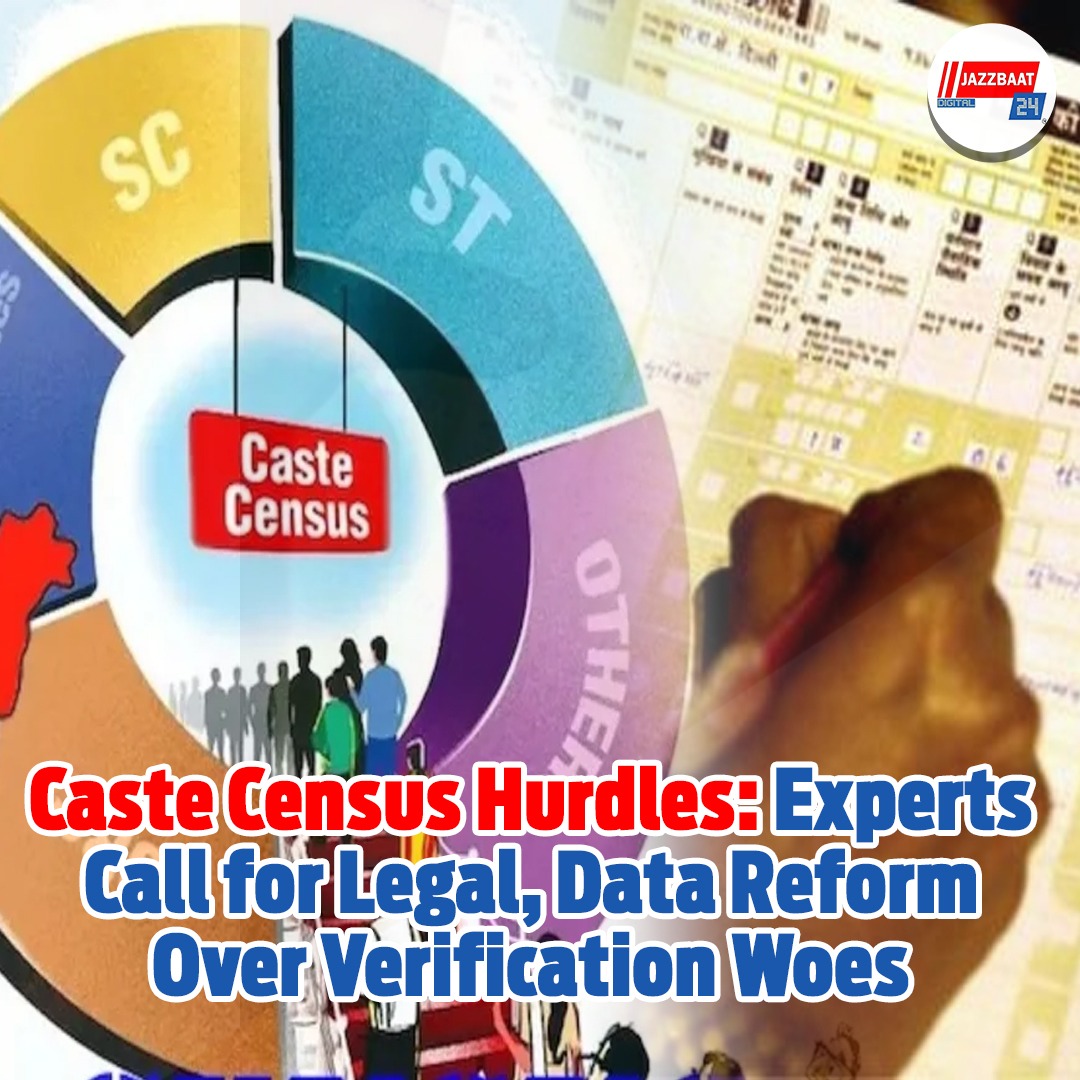Experts have raised significant concerns about the verification and reliability of data in India’s proposed caste census, pointing to legal, methodological, and operational challenges that could undermine its accuracy and utility. One major issue is that, under the Census Act, individual data is confidential and cannot be published for public scrutiny, making it difficult to address errors or misreporting after collection.
In contrast to the 2011 Socio-Economic Caste Census, where objections and corrections could be made at the local level, the legal framework in place now provides none of these checks, and whatever enumerators capture is final. This transparency gap has seen calls for reforming the Census Act to provide opportunities for data authentication and limited public access for purposes of verification.
Methodologically, specialists note that what is required is a standardized, uniform list of castes and sub-castes because the same caste might be spelled differently within regions and enjoy different social standing in distinct states.
Enumerators are usually at loss in confirming self-declared caste affiliations, particularly without pre-defined taxonomy, and therefore creating a risk of duplication, under-enumeration, or over-enumeration of some groups. Urban enumeration is also problematic, with enumerators not being able to go into gated communities or high-rise buildings, and people not willing to provide caste details.
Such gaps can skew the data, as in state-level surveys where the ruling castes complained of misrepresentation and marginal sub-castes were overestimated or left out.
In order to tackle these challenges, it is suggested that legal changes are needed to allow for data sharing and authentication, stringent training for enumerators, and the engagement of local administrators or community leaders in verification at the grassroots level. They also emphasize the need for crafting questionnaires that precisely differentiate between castes, sub-castes, surnames, and gotras, corresponding to local dialects and patterns of self-identification. Public awareness campaigns have been considered to promote honest participation and reduce evasive answers.
Finally, while a caste census is viewed as invaluable for evidence-based policymaking and social justice, observers caution that if legal and methodological reforms are not put in place, the exercise threatens to yield flawed data that may reinforce or even deepen existing inequalities.
